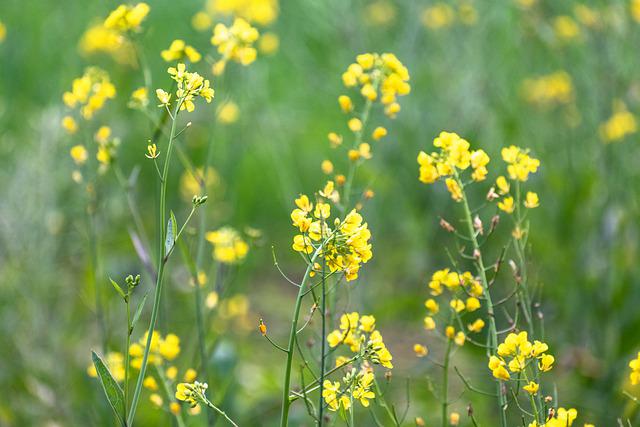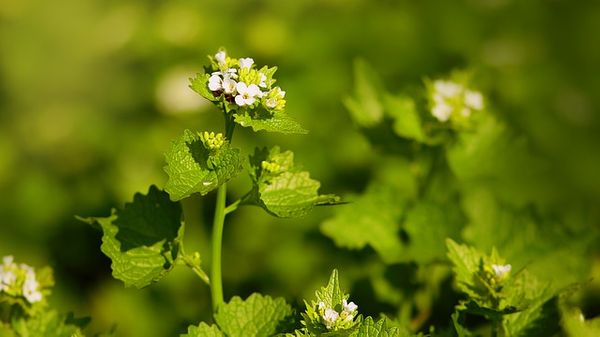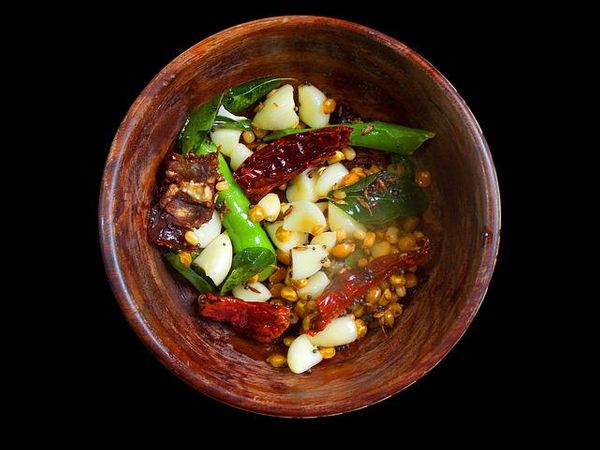A common condiment, mustard, is prepared from the mustard plant’s seeds. The Mediterranean region is home to this plant, which is related to nutrient-dense veggies including broccoli, cabbage, and Brussels sprouts. It is a flexible addition to your cuisine because both its seeds and leaves are edible.
Apart from its culinary use, mustard has a long history of usage in traditional medicine, going all the way back to the Greek and Roman empires, and maybe for good reason.
Modern science is beginning to associate mustard with health benefits that range from improved immunity to reduced blood sugar levels. There are numerous types of mustard plants, all of which are nutrient-rich. Their seeds are notably high in fiber, selenium, magnesium, and manganese, while their leaves are particularly rich in calcium, copper, and vitamins C, A, and K. Yes, there are many health benefits of mustard –
Source of beneficial antioxidants Of Mustard
Antioxidants and other advantageous plant chemicals found in mustard may help guard your body against harm and disease. For example, it’s a fantastic source of glucosinolates, a class of sulfur-containing compounds included in all cruciferous vegetables, such as broccoli, cabbage, Brussels sprouts, and mustard.

Glucosinolates are considered to increase your body’s antioxidant defenses to ward off disease when the plant’s leaves or seeds are damaged by chewing or cutting.
The following nutrients are particularly abundant in mustard seeds and leaves:
Isothiocyanates: This compound is derived from glucosinolates, which may help prevent cancer cells from growing or spreading.
Sinigrin: This glucosinolate-derived compound is responsible for mustard’s pungent taste and is thought to possess anti-inflammatory, antibacterial, antifungal, anticancer, and wound-healing properties.

Carotenoids, isorhamnetin, and kaempferol are also abundant in mustard. Research demonstrates a protective effect of these flavonoid antioxidants against diseases like type 2 diabetes, heart disease, and possibly even some cancers.
Mustard May protect against certain types of cancer:
Test-tube and animal research suggests that the glucosinolates in mustard may help kill cancer cells or prevent them from spreading. However, more human research is needed.
Mustard May lower blood sugar levels
According to a human trial, decreasing blood sugar levels in persons with type 2 diabetes by combining medicine with a mustard green decoction may be more beneficial than using medication alone.
Also Read: Health Benefits of Nutmeg, Nutrition, Nutrient Value, Facts, and Side Effects
Nutritional Values Of Mustard

- Water 5.27 g
- Energy 508 kcal
- Energy 2130 kJ
- Protein 26.1 g
- Total lipid (fat) 36.2 g
- Ash 4.33 g
- Carbohydrate, by difference 28.1 g
- Fiber, total dietary 12.2 g
- Sugars, 6.79 g
- Sucrose 3.69 g
- Glucose 2.88 g
- Fructose 0.02 g
- Calcium, Ca 266 mg
- Iron, Fe 9.21 mg
- Magnesium, Mg 370 mg
- Phosphorus, P 828 mg
- Potassium, K 738 mg
- Sodium, Na 13 mg
- Zinc, Zn 6.08 mg
- Copper, Cu 0.645 mg
- Manganese, Mn 2.45 mg (Source)
Side Effects Of Mustard
Most people generally consider eating mustard seeds, leaves or paste to be harmless, especially when doing so in portions that are typical of the diet of the ordinary person. However, taking significant quantities, such as those commonly present in mustard extracts may cause diarrhea, intestinal inflammation, and abdominal pain. A woman reportedly got contact dermatitis after putting a Chinese medicine patch on her skin that contained mustard seeds.
And lastly, a large amount of goitrogen is present in raw mustard seeds and leaves. The thyroid, which is the gland in charge of controlling your metabolism, might be affected by these substances and stop functioning as it should.
Explore benefits and side-effects of all spices here at HealthViews Online at Healthy Spices





